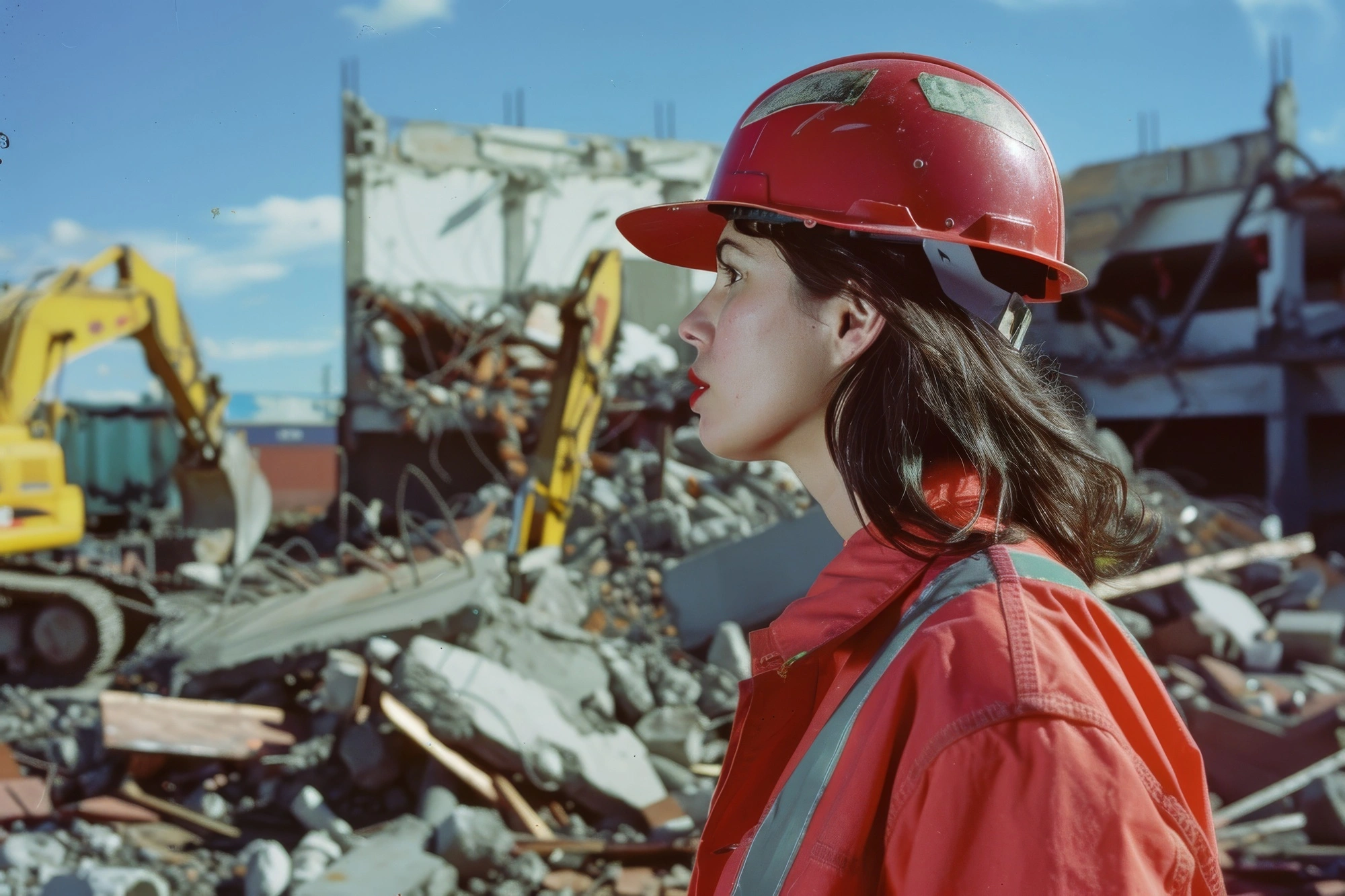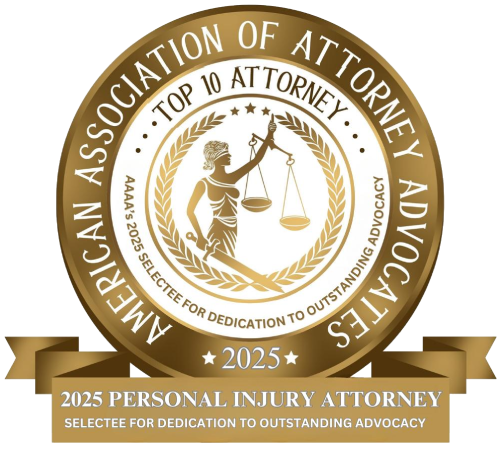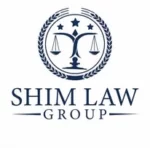Navigating Workers’ Compensation After a Construction Accident in New York
A building mishap in New York brings not only physical pain but also monetary tension and unpredictability. With installing medical bills, lost income during recovery, and an intricate legal system standing in the way, injured employees might feel overloaded. At ShimLaw, we champion your rights, directing you step by step through the state’s employees’ compensation framework so you get the advantages and justice you are worthy of. This detailed guide explores the system, details important actions after an accident, and delves into the obstacles numerous plaintiffs face. Describes how ShimLaw supplies support, highlights factors. To choose ShimLaw, which answers the most important questions construction employees frequently ask.

Understanding Workers’ Compensation in New York Construction
In New York, workers’ compensation exists to protect people hurt on the job. The system provides medical care to treat injuries, wage replacement so workers can support themselves, and benefits for those with permanent impairments.
1.1 Coverage and Eligibility
Most construction workers earn automatic coverage under New York law. That includes full-time, part-time, union, and non-union workers, and often subcontractors. Coverage extends to a wide range of injuries and illnesses caused by job duties, broken bones from falls, strains from repetition, burns, eye injuries, and noise-related issues. Chronic illnesses tied to job exposures like lead or silica may also qualify, though proving a link sometimes proves more involved.
1.2 Types of Benefits Available
- Medical Benefits cover emergency care, surgeries, prescriptions, physical therapy, chiropractic visits, and specialized devices like crutches or prosthetics.
- Temporary Disability Benefits offer a wage replacement amounting to two-thirds of your average weekly wage, up to a state-adjusted weekly maximum.
- Permanent Impairment Benefits compensate those with long-term disabilities deemed to limit work performance.
- Death Benefits safeguard families lost to workplace tragedy, covering funeral costs and financial support for dependents.
Every type of benefit requires accurate documentation and timely claims, making support essential at every stage.
Immediate Actions After a Construction Accident
After a construction accident, priorities shift toward your health. What follows next shapes the course of your claim.
Step 1: Get Medical Care
Prioritize health above all else. Even minor aches deserve professional evaluation, since internal injuries may not show immediately. Make sure all treatments and consultations get documented. You’ll need these to qualify for medical and disability benefits. Early documentation strengthens your claim and makes claims processing smoother.
Step 2: Provide Written Notice to Your Employer
New York law requires reporting job injuries within 30 days. While verbal notification helps, documented proof is better. Send a written report to your employer or supervisor. Keep certified mail receipts or email confirmations. That record is critical, since missing deadlines can delay or block your claim entirely.
Step 3: File Form C‑3 (Employee Claim)
The C‑3 is the formal claim document submitted to the Workers’ Compensation Board (WCB) and your employer or their insurer. Its accuracy matters. Incomplete or incorrect information leads to processing delays. At ShimLaw, our team completes the form fully, tracks submission and delivery, and troubleshoots issues so your claim starts right.
Step 4: Track Medical and Work Records
Catalog treatment records, test results, prescriptions, paid receipts, medical appointments, out-of-pocket costs, and correspondence related to your injury. Photos taken soon after injury, along with images of hazards at the site, provide strong evidence. Note any changes to your work routine or employer communication that involve your injury or recovery.
Common Hurdles in Workers’ Compensation Claims
Disputes may arise at any stage. These frequently derail claims.
3.1 Disputed Cause of Injury
Insurers may deny that your injury happened at work, especially in repetitive strain or chronic exposure cases. They could argue unrelated causes. That makes employer statements, coworker affidavits, site logs, and medical records vital. ShimLaw gathers eyewitnesses, secures expert reports, and constructs a solid narrative proving workplace origin.
3.2 Reduced Disability Payments
Insurance adjusters often push for modified duties so they can reduce or pause payments. They may claim your employer can accommodate light duties, even against medical advice. ShimLaw works with your doctors, obtains clear medical evidence, and challenges their assessments to demand fair benefits.
3.3 Delayed or Denied Medical Coverage
Late insurer payments can interrupt treatment and put financial pressure on you. ShimLaw contacts former and current insurers to enforce payment rules, ensures providers get paid on time, and protects your credit.
3.4 Closed or Expired Cases
Injuries can worsen after benefits end. Delayed impairments may also emerge. ShimLaw files the right paperwork to reopen cases, obtains supplemental medical opinions, and fights for benefits you need.
How ShimLaw Supports Construction Workers in New York
Through each stage, ShimLaw delivers expert legal aid and hands-on support.
4.1 Customized Case Review
Your unique situation, from the nature of your job to treatment history, gets analyzed closely. ShimLaw identifies key evidence, benefit eligibility, the value of your claim, and timing.
4.2 Detailed Paperwork Handling
Claims forms, employer statements, medical transcripts, supplemental evidence requests, and hearing filings. ShimLaw manages everything. No deadline gets missed; no detail skipped.
4.3 Access to Medical Professionals
Our network includes doctors who specialize in work injuries. Their expert statements support claims of causation or permanent impairment during hearings and disputes.
4.4 Strong Negotiation Skills
Insurance companies use the same script: reduce your payout. ShimLaw leverages documentation, interviews, and descriptions of your duties to build a persuasive case. We negotiate firmly and won’t accept unfair settlements.
4.5 Representation at Workers’ Compensation Board Hearings
When disputes arise, lawyers at ShimLaw articulate your injury’s severity, explain its impact on job duties, and cross-examine insurance representatives firmly. That advocacy strengthens the odds of full benefit awards.
Why Choose ShimLaw
Why should injured workers put their trust in ShimLaw?
1. Proven Success
Our team has secured favorable results through settlements and WCB hearings for countless construction workers across New York.
2. Client-Centered Approach
You talk, we listen. We answer questions, update you regularly, and guide each step toward recovery.
3. Proactive Communication
We track deadlines, file forms on time, and monitor insurance responses. You receive timely updates.
4. Integrated Support
Legal experts work in sync with medical and vocational professionals. Every angle is covered to maximize compensation.
5. No Fees Until You Win
Legal fees come from the benefits you recover, and no upfront costs apply.
FAQs
1. What protections do injured workers get after a construction accident?
2. Who is covered under workers’ compensation?
3. How do I calculate temporary disability benefits?
4. Can I choose my own doctor?
5. How long do benefits last?
6. Are workers’ compensation benefits taxable?
No, they remain untaxed for both medical and wage components under federal and New York law.
7. Can I pursue legal action beyond workers’ compensation?
8. How are ShimLaw’s fees structured?
9. What if I miss the 30‑day injury notice deadline?
10. What happens if my claim is denied?
Call to Action
Injured at a construction site in New York? Don’t wait. Connect with ShimLaw now for a free case review. Early support safeguards vital evidence, speeds recovery, and maximizes compensation. A simple call or message puts a dedicated team on your side and on the path toward a strong recovery and full benefits.
📞 Visit shimlawgroup.com to book your consultation, or call us today.







